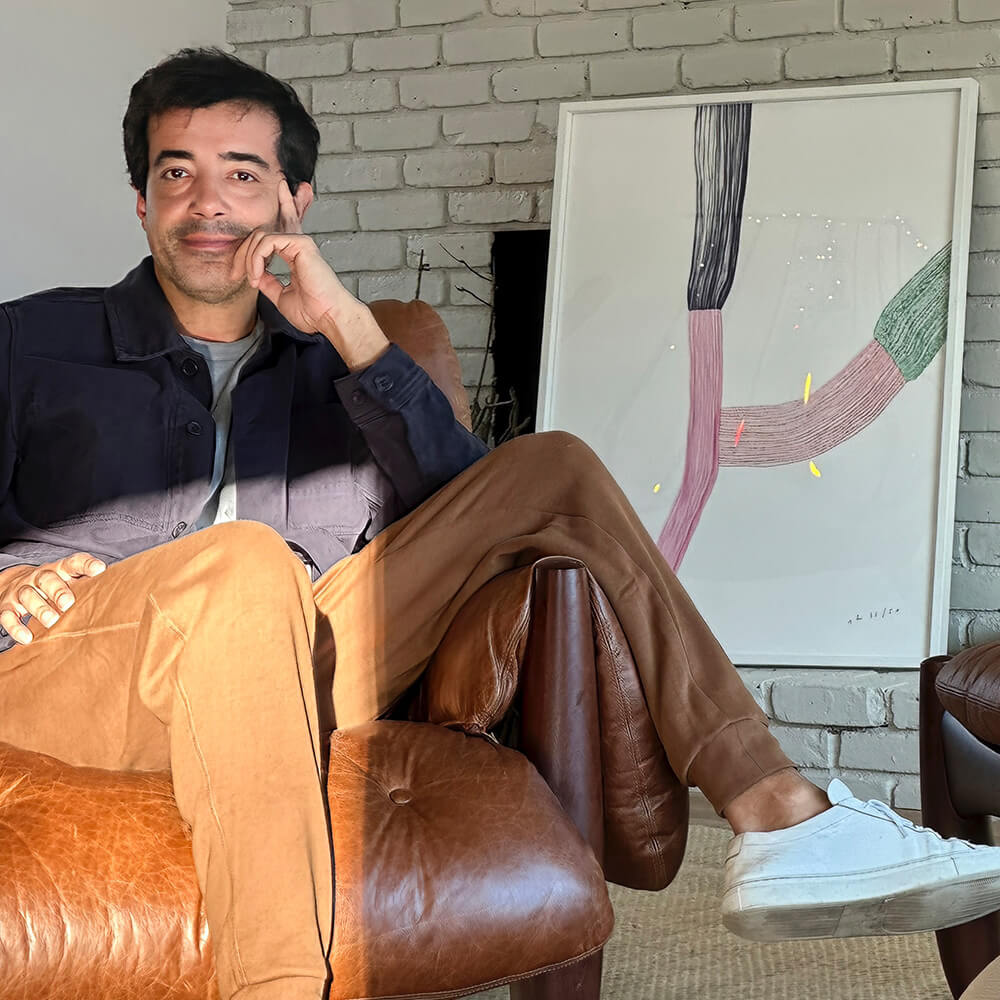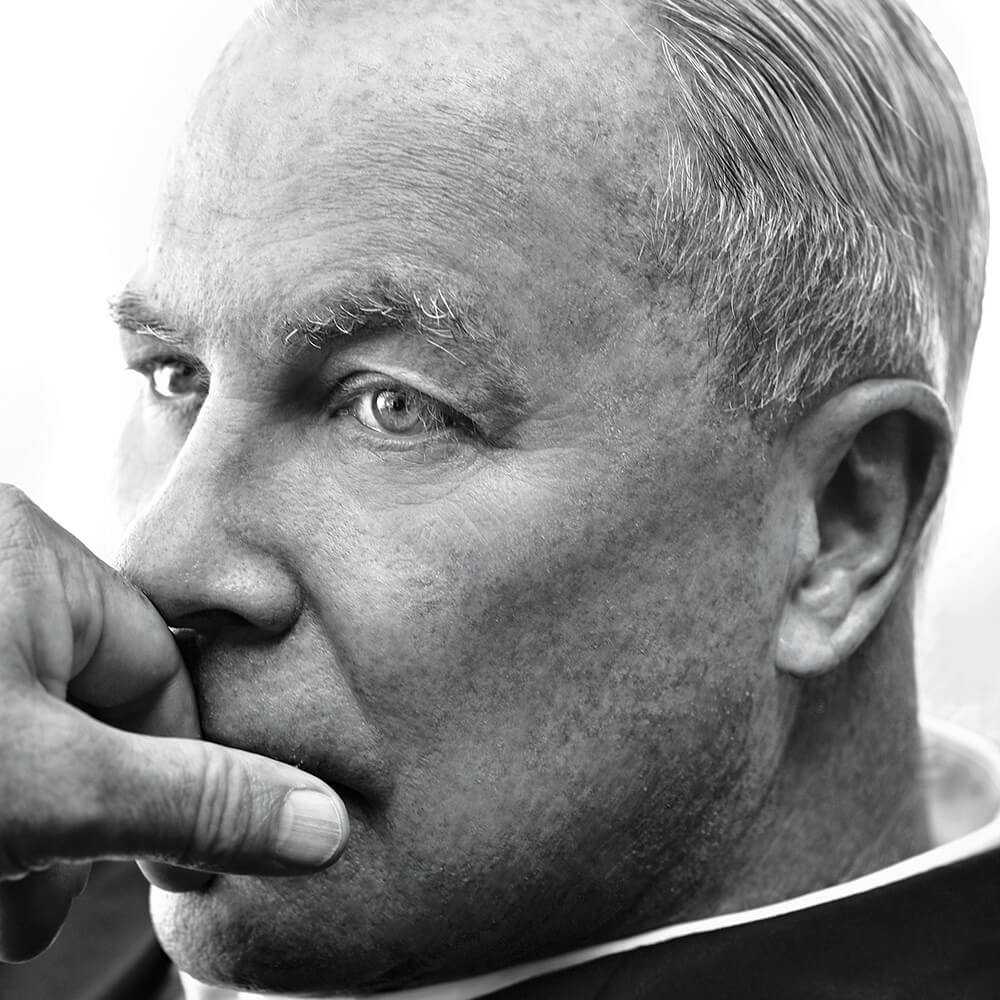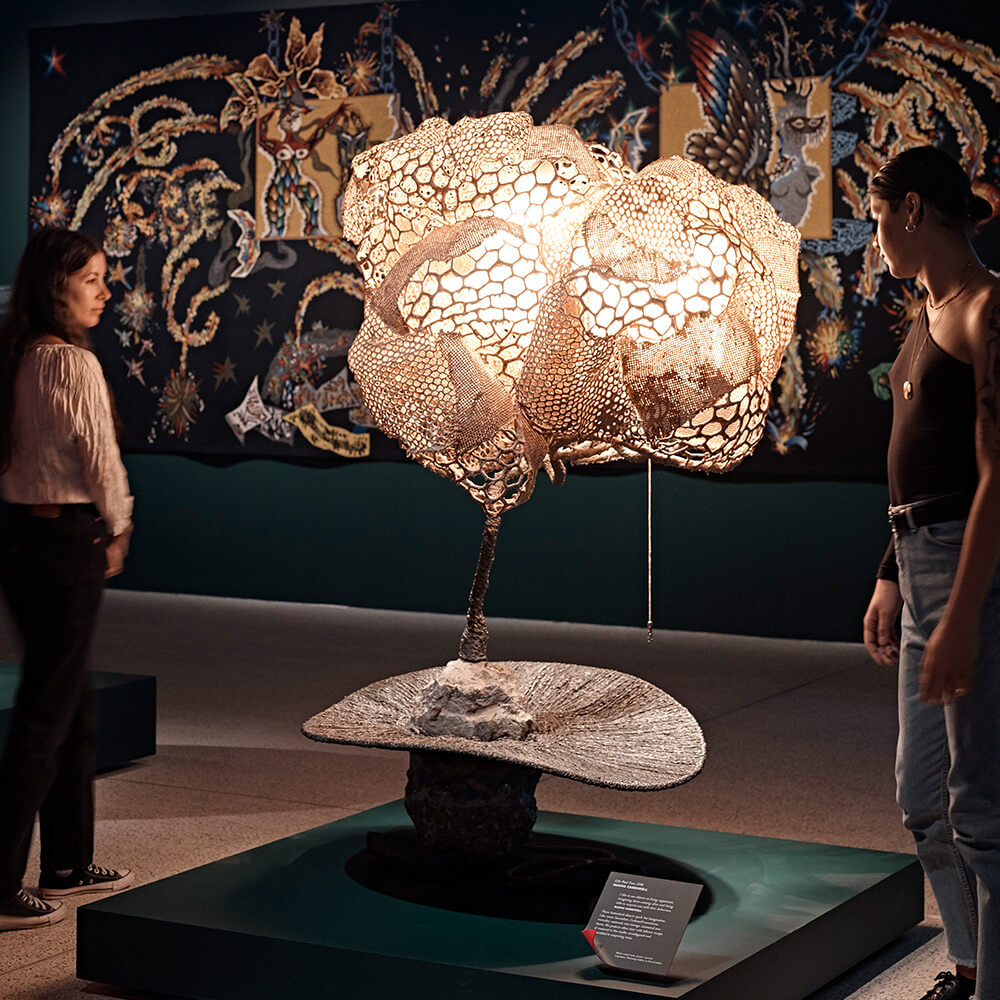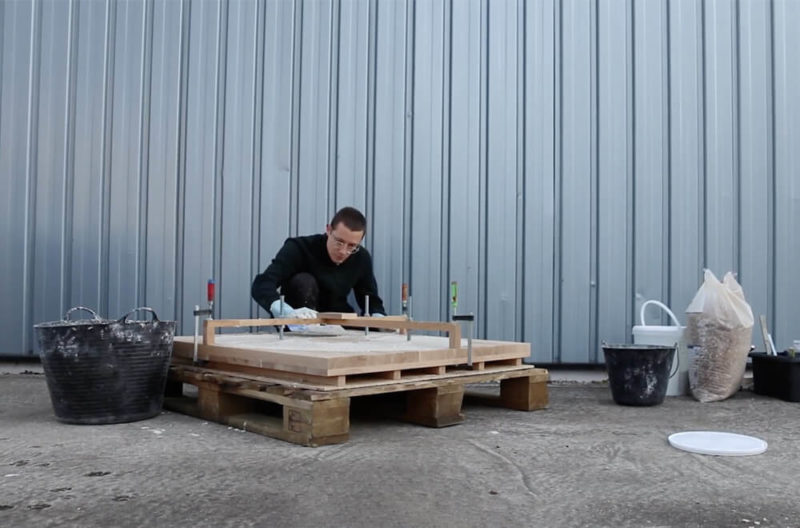Mathieu Lehanneur in New York
The designer opens a new space on Lower East Side, to introduce his more experimental work to New York's savvy audience.
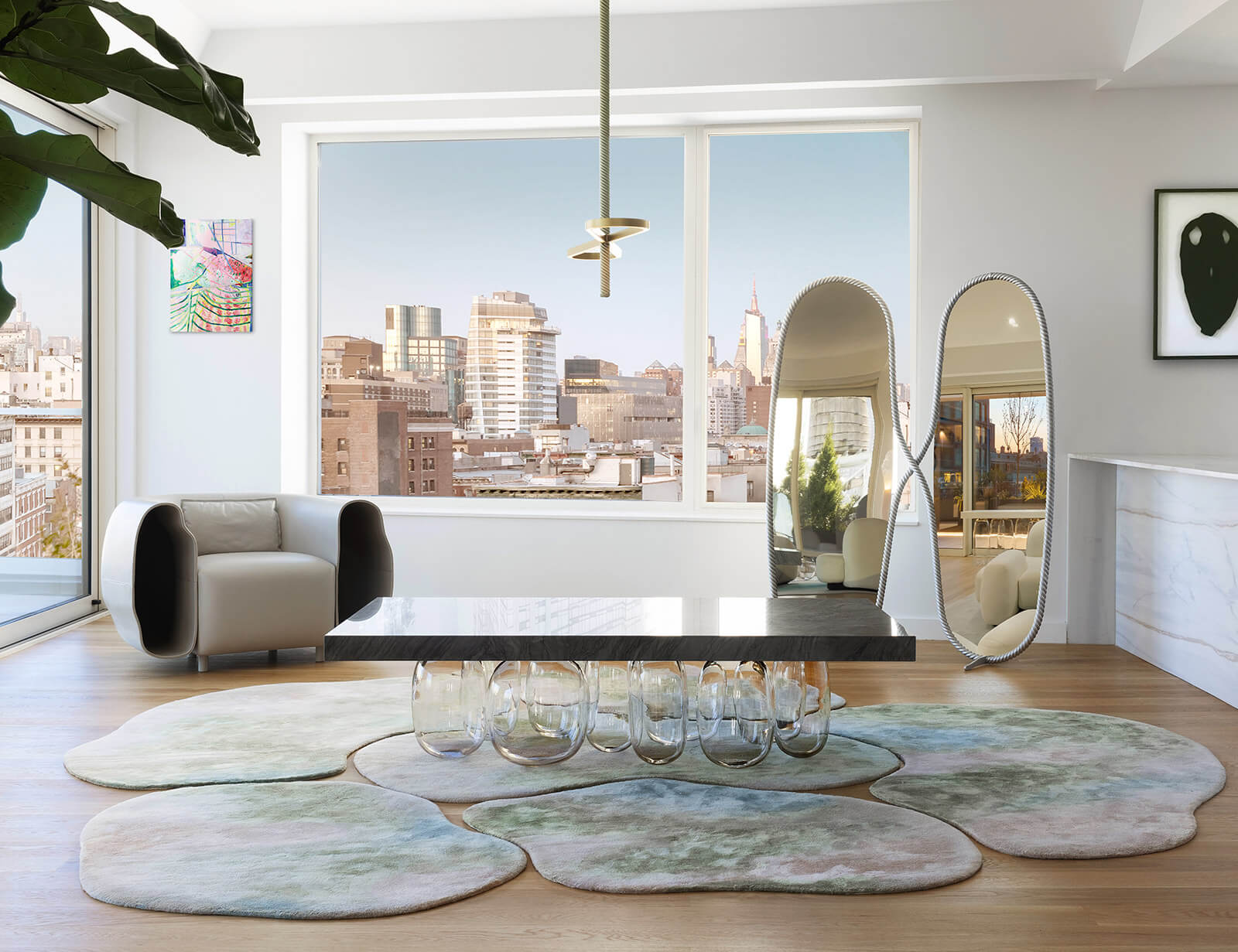
Penthouse of the Mathieu Lehanneur pied-à-terre
COURTESY: Mathieu Lehanneur / PHOTOGRAPH: Leandro Viana
MATHIEU LEHANNEUR HAS taken a pied-à-terre in New York City. That would not ordinarily be news, but nothing this designer does can be called ordinary. To begin with, it’s not an apartment, but two spaces in a brand-new building – an airy, street-front, window-walled gallery, and an appointment-only, salon-like penthouse. And rather than being in a tiny uptown location, or the Chelsea art-gallery neighbourhood, it’s on the upper border of the gritty-but-gentrifying Lower East Side.
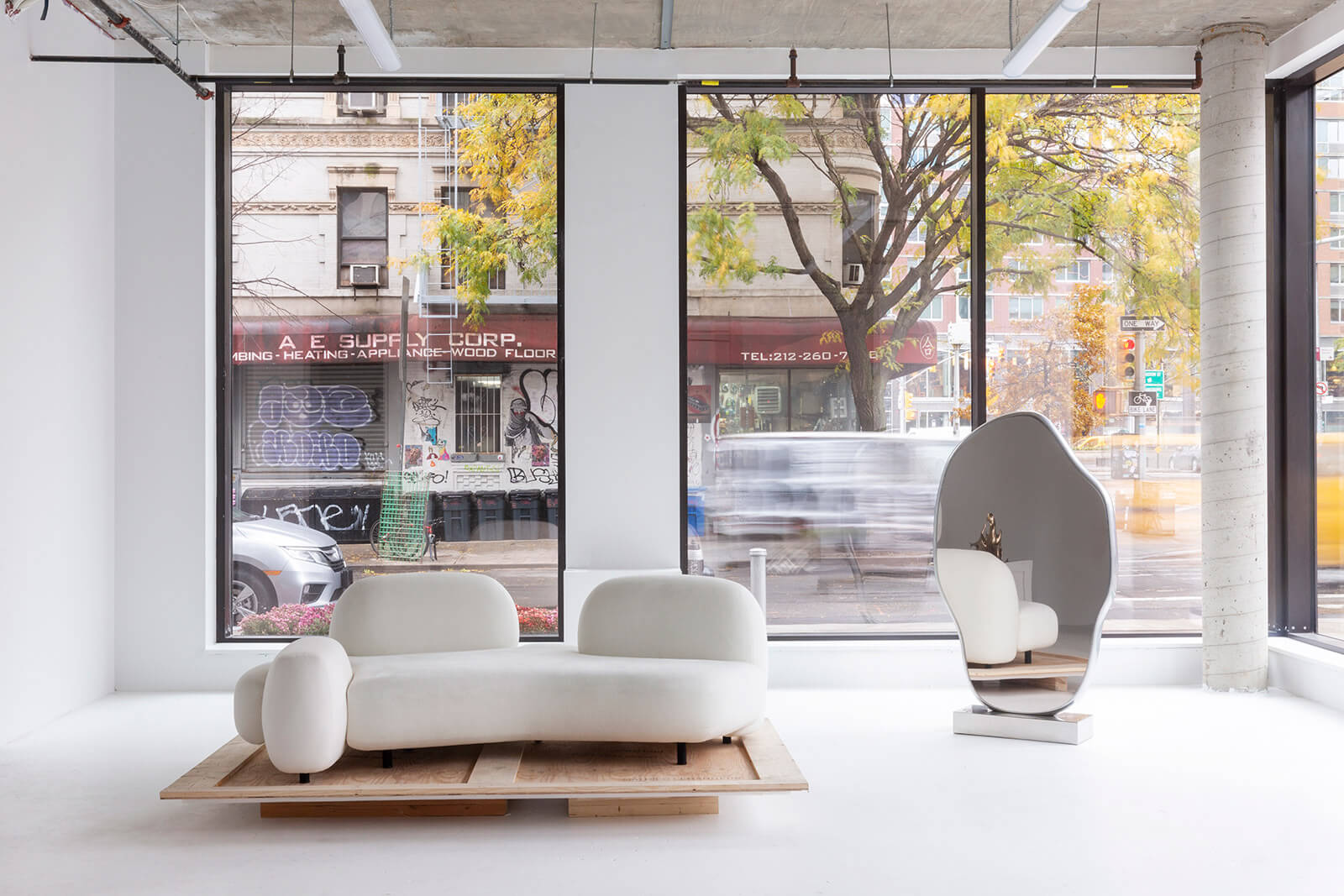
Ground floor of the Mathieu Lehanneur pied-à-terre
COURTESY: Mathieu Lehanneur / PHOTOGRAPH: Leandro Viana
Why the departure from convention? According to Lehanneur, “This is not a business, more like an experiment. I need to get to know the people who are using my designs.” He has no plans to compete with his dealer, but will only show and sell works not available through Carpenters Workshop Gallery, which has been representing him for several years in their New York, London and Paris showrooms, as well as at international design shows.
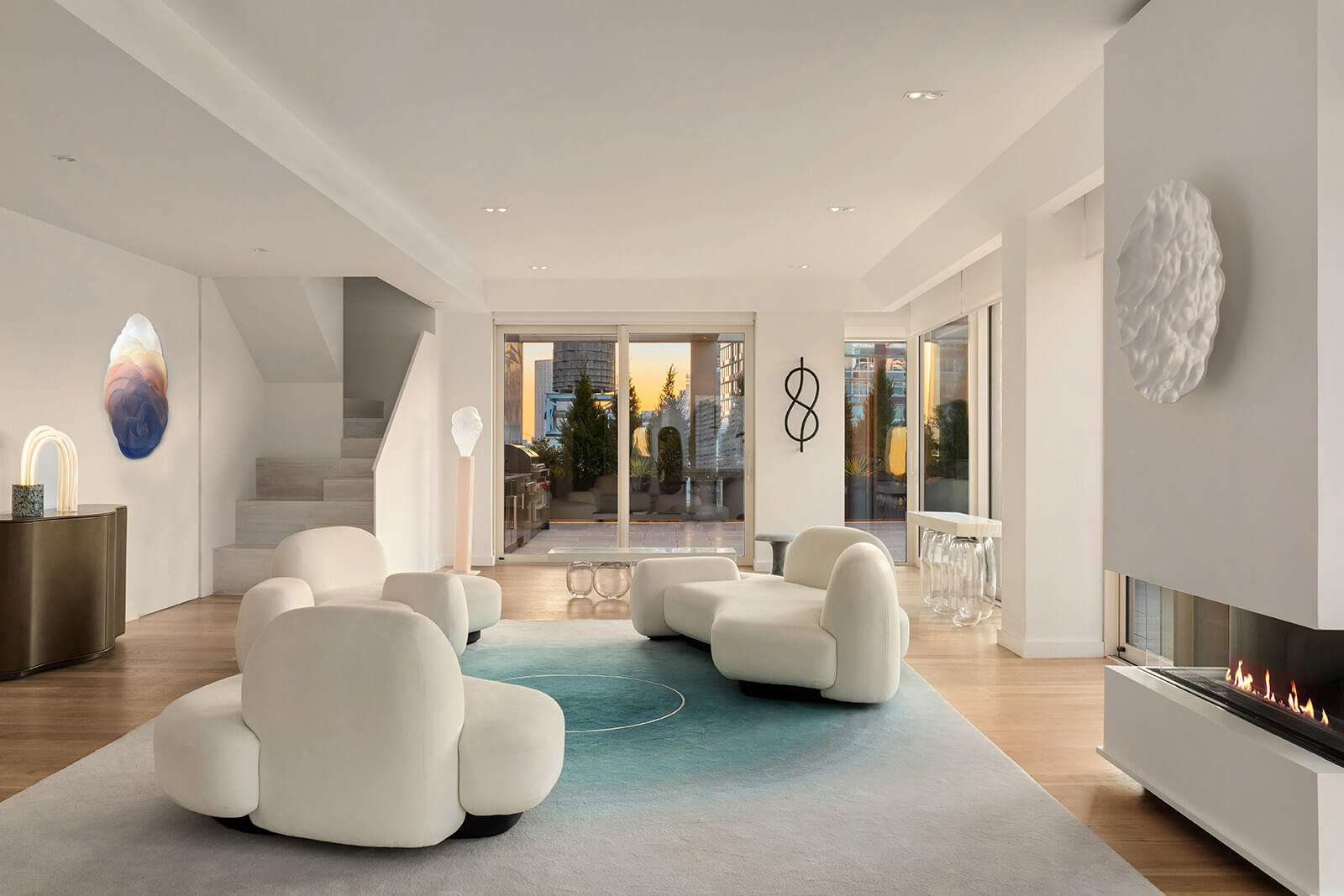
Penthouse of the Mathieu Lehanneur pied-à-terre
COURTESY: Mathieu Lehanneur / PHOTOGRAPH: Leandro Viana
All signs were favourable at the 25th February preview of the new gallery space, for which an uptown-chic crowd braved a drizzly evening to come downtown and see a display of Lehanneur’s most recent works, which he describes as a first step toward combining science, physics and the laboratory with design. Typical of the unconventional challenges he’s taken on is a folding electric bicycle (a traffic-stopper in the front of the New York gallery), that he developed for a new Swiss-based company, for which he designed some 180 individual parts. Made in Switzerland, it’s slated for introduction next year.
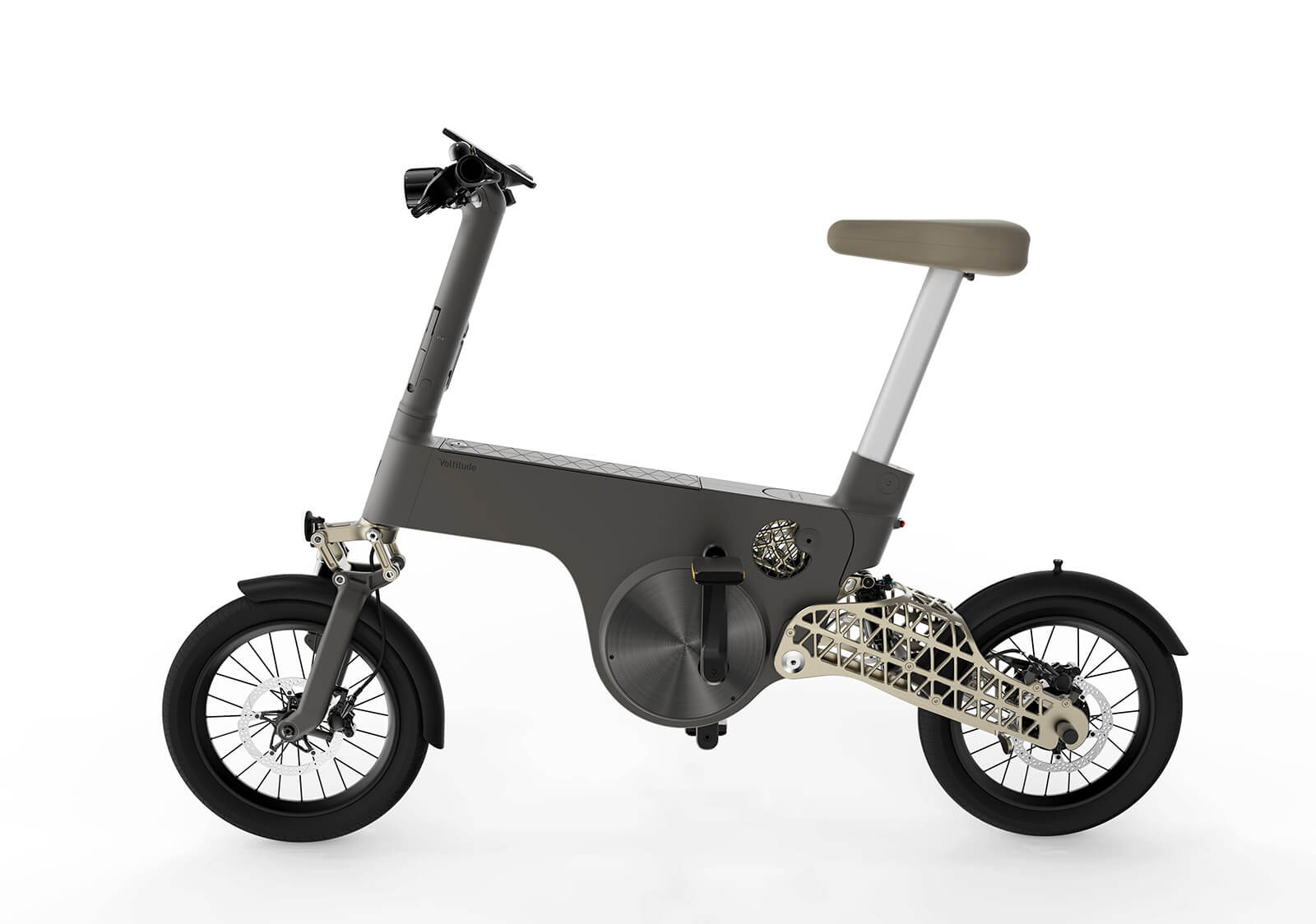
Mathieu Lehanneur, ‘Voltitude’, 2018
COURTESY: Mathieu Lehanneur
Other standouts include a carbon-fibre limited-edition armchair wrapped in a skin of leather, and the extraordinary ‘Inverted Gravity’ series, in which barely-visible globular shapes of hand-blown glass support tabletops or cabinets of marble, creating a delicate balance between solidity and lightness. “For centuries we’ve been trained to think of glass as fragile, but it’s not. The secret is the thickness of the glass,” Lehanneur says.
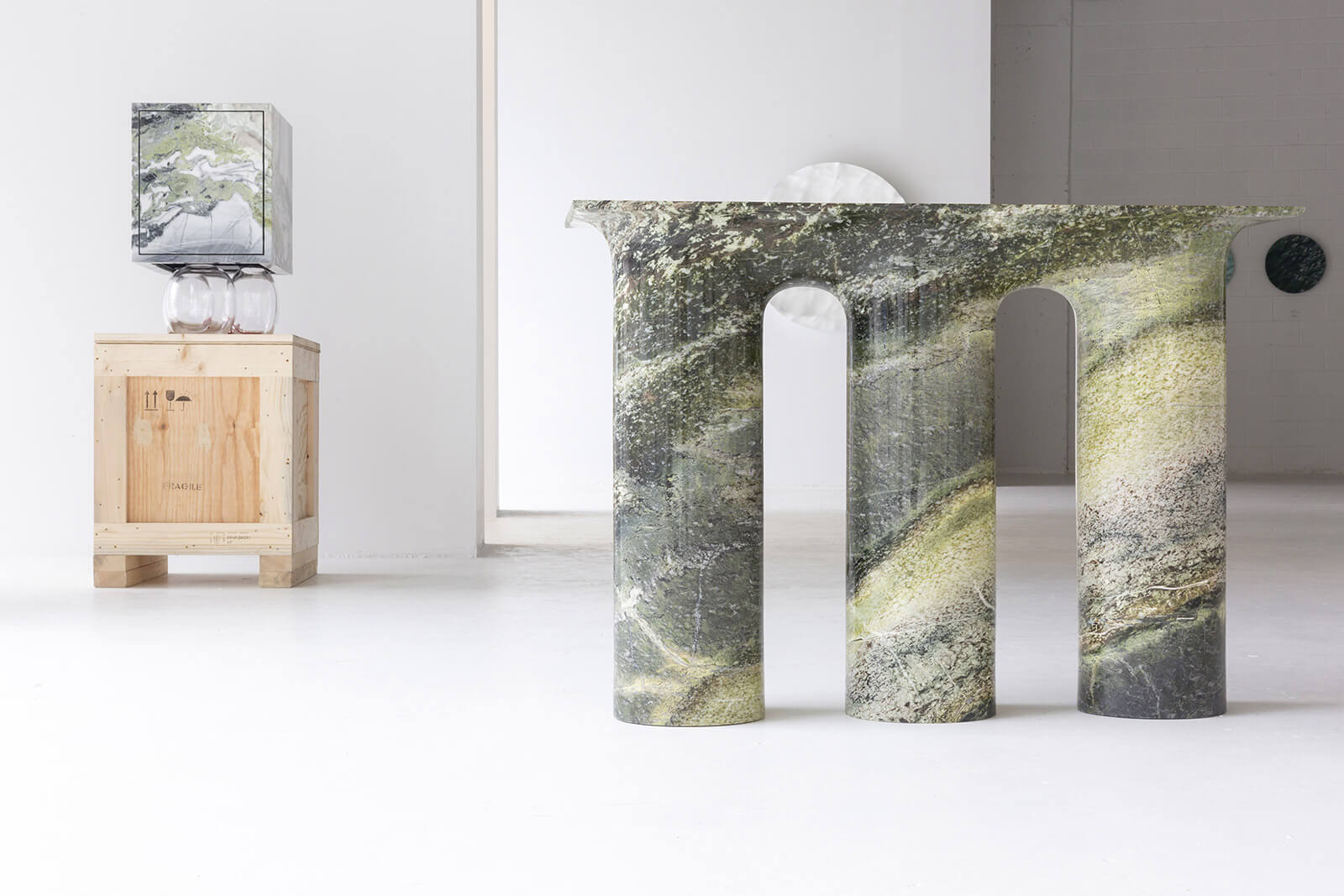
Mathieu Lehanneur, ‘Inverted Gravity Bedside’, 2019 (left) and ‘Pillars Console’, 2017 (right)
COURTESY: Mathieu Lehanneur / PHOTOGRAPH: Leandro Viana
The 45-year-old Frenchman once planned to become a visual artist, but changed his ambition when he realised that he needed a challenge to begin designing: “I need an enigma to solve,” he once told a reporter. In his search for unique solutions to fill particular needs, he has consulted and collaborated with biologists, noise technicians, pharmacists and other specialists in diverse and unexpected areas. “I say I’m a designer, even if I know I cross boundaries between what is design and not design.” The objects that he and his ten-person Paris studio turn out have ranged from an asthma-treatment device, to household object – as well as award-winning works of design-art.
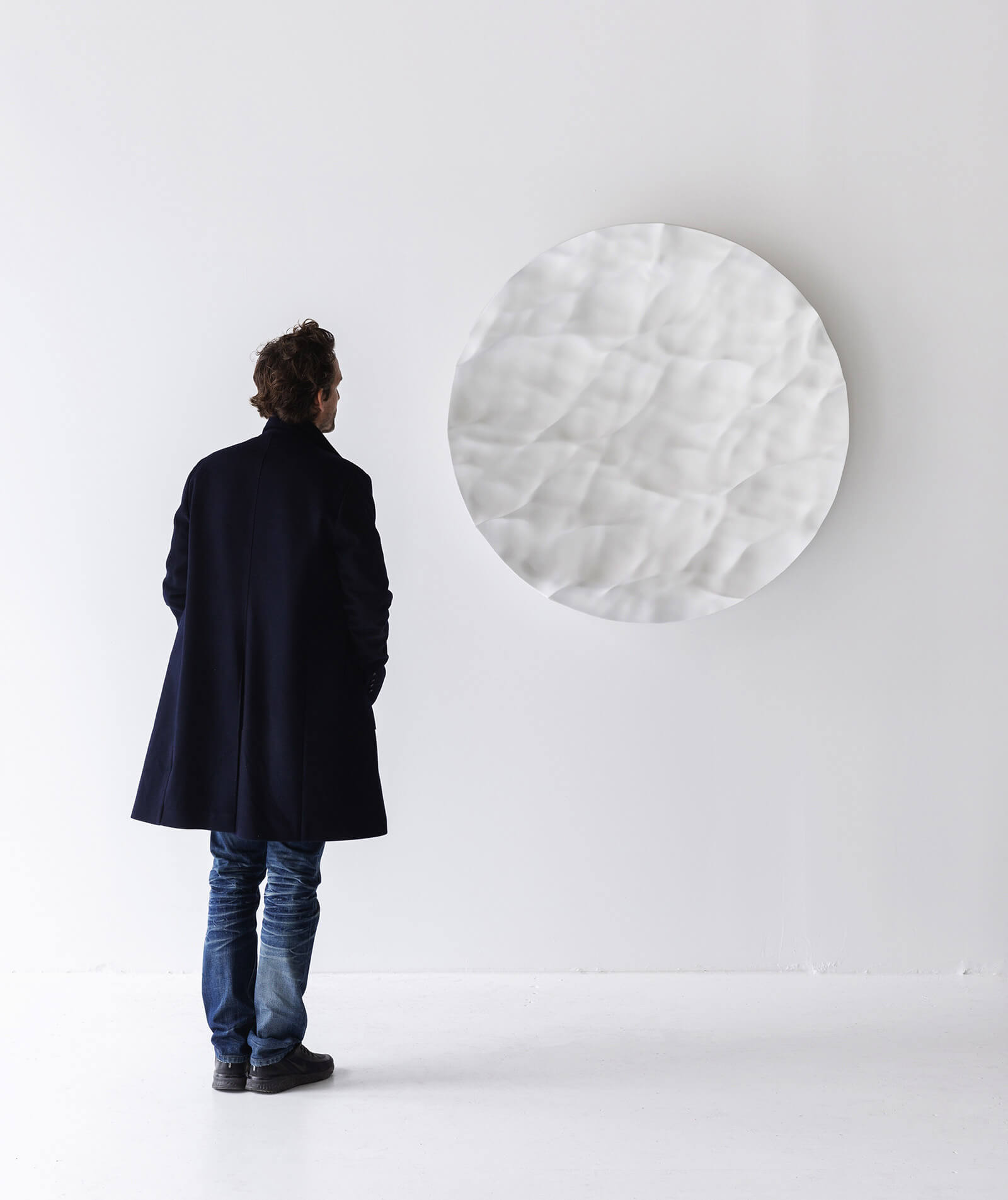
Mathieu Lehanneur in front of ‘Pocket Ocean 120’, 2019
COURTESY: Mathieu Lehanneur / PHOTOGRAPH: Leandro Viana
What are his future plans for the new space? He hasn’t decided: “The story’s not written yet.” He might present more of his own work, or stage exhibitions including other artists. But one objective is firm: interacting more closely with his clients. “I’ve learned a lot in 20 years, and I think I can communicate and close the loop.” As long on charm as he is on talent, Lehanneur should have no problem doing just that.

